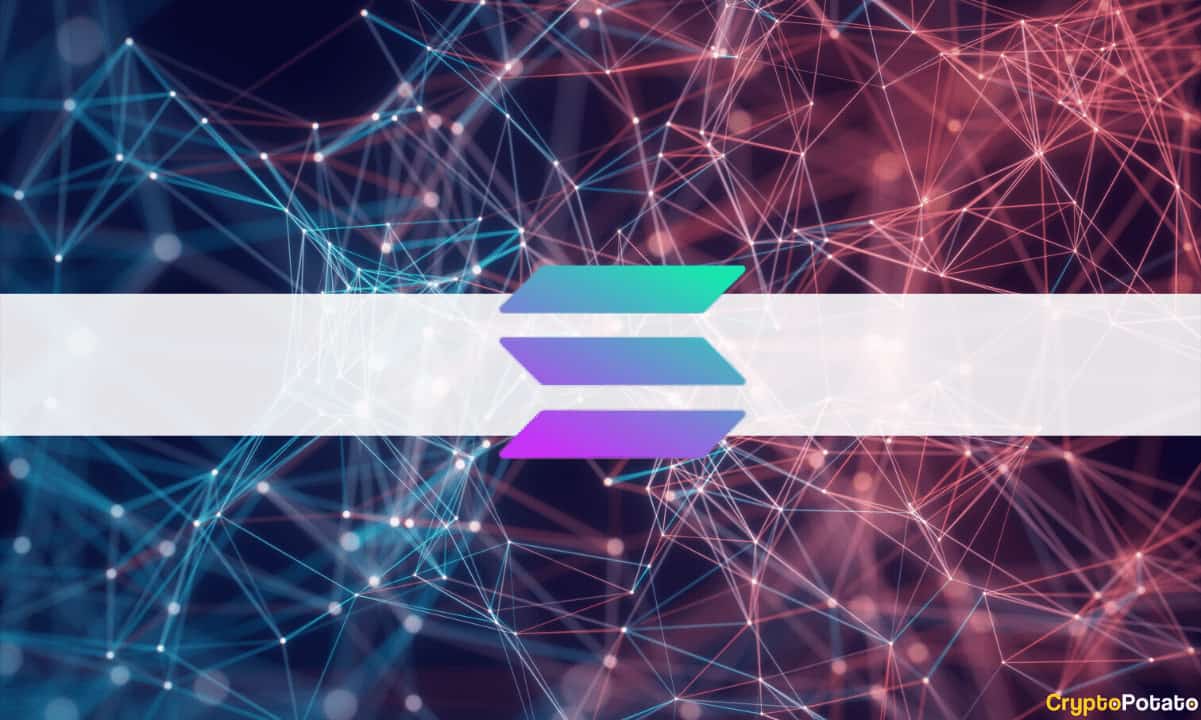

The Solana blockchain experienced yet another outage late on Friday, but it’s back online after getting restarted.
The protocol’s native cryptocurrency dropped by 6% daily as a consequence of the latest network outage.
- The Solana Status Twitter page informed late last night about the network issues as it stopped processing transactions.
- Shortly after, Stakewiz – an entity operating a validator node on Solana – provided more details, saying validators stopped voting at 22:41 UTC on September 30.
- They also claimed that the network outage was not an issue in the network itself, and it should be able to handle it.
- Although it’s not confirmed yet, it seems the problem lied with the creation of a duplicate block, which caused an obscure code path where validators were unable to switch back to the main fork.
- The solution came from restarting the cluster from the last confirmed slot – 153139220. Once the stake threshold reached 80%, the restart was completed, and the network came back online.
All reports of resulting bank hashes and shred versions had the same values, after enough reports were received validators decided to proceed with starting at that point, then waiting for 80% of stake to come online.
— Laine
stakewiz.com (@laine_sa_) October 1, 2022
- It’s worth noting that this is far from the first time in which the Solana blockchain has gone down, even though the devs behind it published three steps on how this can be avoided a while back.
- As with previous examples, though, the network going down had a similar effect on the native cryptocurrency. SOL declined by about 6% in the past 24 hours to way below $35.
SPECIAL OFFER (Sponsored)
Binance Free $100 (Exclusive): Use this link to register and receive $100 free and 10% off fees on Binance Futures first month (terms).
Binance Free $100 (Exclusive): Use this link to register and receive $100 free and 10% off fees on Binance Futures first month (terms).
PrimeXBT Special Offer: Use this link to register & enter POTATO50 code to receive up to $7,000 on your deposits.
The post appeared first on CryptoPotato






